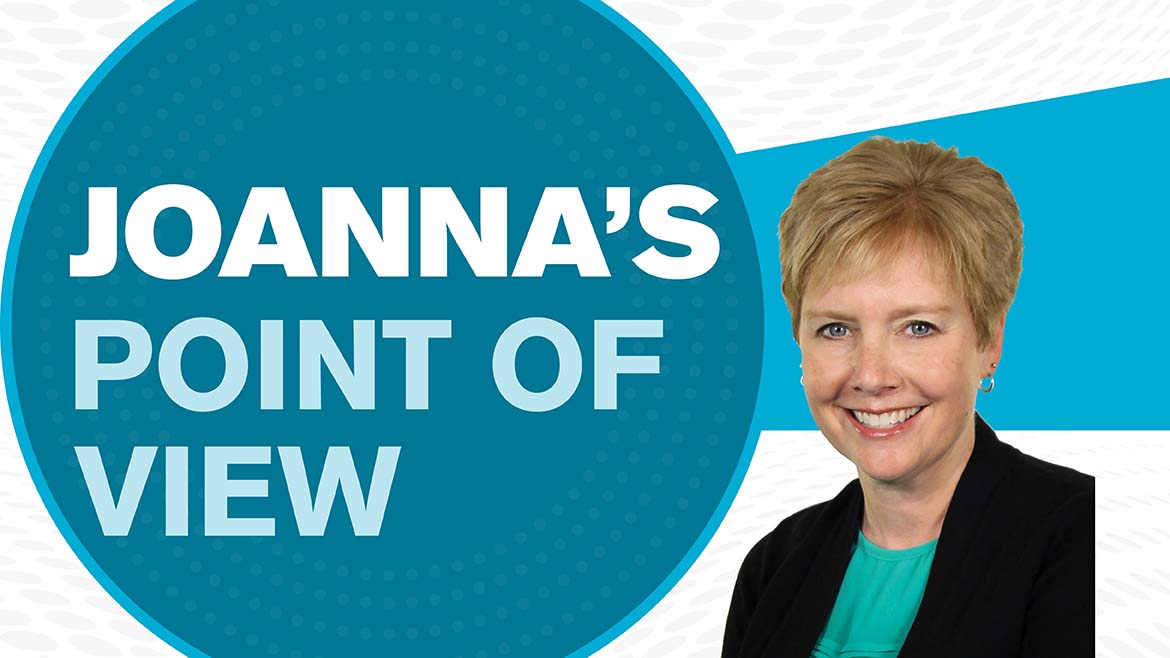The end of the year is usually a time of reflection, when we take a moment to think about all that has transpired over the last 12 months. Often we think about happy events, such as a child’s high school or college graduation or that long-awaited trip that we took last summer. Sometimes they’re sad memories, such as remembering that friend or family member who passed away or thinking about health or financial problems we encountered. I can honestly say that 2020 was not a great year, and I am not sad at all that it’s ending.
Actually, the year started off great. The economy was doing well, and commercial refrigeration contractors had more than enough work in supermarkets, restaurants, and convenience stores to keep them busy until the end of the year and beyond. In fact, back in January, several told me that business might have been even stronger, if they could only find people to hire to do the work. Unfortunately, the lack of labor led some to turn down jobs.
Indeed, finding qualified labor was top of mind for many contractors at the beginning of the year. One contractor said that the labor shortage was his biggest concern, and he predicted it would continue to be a pressing problem for the foreseeable future. Others talked about the new programs they were implementing, so they could train their own workers in-house.
Then the pandemic hit, and everything changed. All of a sudden businesses shut down, and in many states, contractors had to fight to remain open. Some local governments contended that HVACR businesses were “non-essential,” but thanks to industry organizations such as ACCA, many were forced to rethink their stance. The organization successfully made the case that HVACR contractors should be considered emergency service providers because they perform necessary, life-saving services on several components of the nation’s most critical infrastructure.
Of course, this is absolutely correct, and it seems strange that anyone ever thought otherwise. One can only imagine the headlines that would have been generated if an elderly homeowner’s air conditioning went out during a heat wave, and she perished, because she was not allowed to get it fixed. Or what would have happened if the refrigeration system died at the local supermarket, and shoppers could not purchase necessary food items during the lockdown.
As the epidemic peaked in the summer, refrigeration contractors who worked in supermarkets said they were still fairly busy but noted that many facilities put off new builds and large-scale remodels. They hoped that those big jobs would come back later this year, or possibly in the first quarter of 2021.
As for restaurant work, that pretty much collapsed, as many restaurants either closed completely, or else shifted to curbside/takeout service only. Contractors said that they were not being called out to service refrigeration equipment so much as to shut it down completely, while owners waited until they could reopen. That started to occur in some places this summer, and contractors were hopeful that there would be a rush to get the refrigerators, freezers, and ice machines back up and running again. But this was short-lived, as many cities shut down restaurants and bars again this fall, as a virus surge rippled through the country. This time there is concern that many of these restaurants may never open again.
But, people like their takeout, and new and different models are beginning to emerge that could take the place of traditional restaurants. One such model is the ghost kitchen, which is a facility where meals are prepared and cooked and then picked up by a delivery service. These facilities contain all the same equipment needed to prepare meals that a normal restaurant would have, but there is no dining area for customers. And, of course, this refrigeration equipment will need to be installed, maintained, and serviced by contractors, which could potentially be a good business opportunity.
Ghost kitchens are catching the eye of some big investors as well. For the last two years, the former chief executive of Uber Technologies Inc., Travis Kalanick, has been quietly acquiring closed restaurants, auto-body shops, and warehouses for use in his new ghost kitchen venture, according to The Wall Street Journal. The newspaper reports that Kalanick’s CloudKitchens, a startup that rents out space to businesses that prepare food for delivery, has bought more than 40 properties in nearly two dozen cities for more than $130 million.
Perhaps this is a silver lining to a year that has brought more than its share of disruption and worry to the HVACR industry and to our lives.
As 2020 draws to a close, I remain hopeful that 2021 will be better. The HVACR industry continues to be a place of resilience and innovation, and let’s face it – it’s just full of amazing, resourceful people. I wish you a wonderful holiday season, and I look forward to writing about all the exciting things occurring in the industry in the New Year!
Want more HVAC industry news and information? Join The NEWS on Facebook, Twitter, and LinkedIn today!



Report Abusive Comment